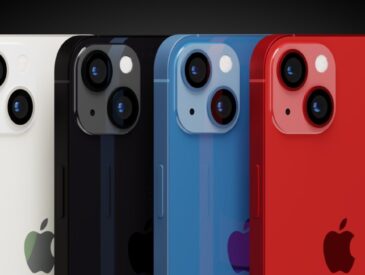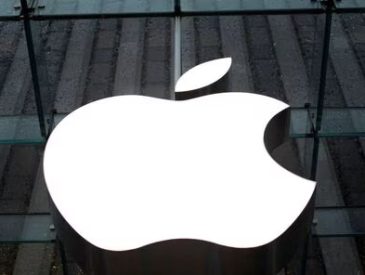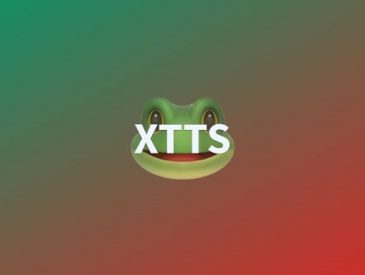Open Letter Urges Regulations to Ensure Transparency and Consent
A number of media organizations have signed an open letter calling for regulations to protect copyright in data used to train generative AI models. The letter, addressed to lawmakers around the world, emphasizes the need for transparency in training datasets and consent from rights holders before their data is used. The signatories of the letter include Agence France-Presse, the European Pressphoto Agency, the European Publishers’ Council, Gannett, Getty Images, the National Press Photographers Association, the National Writers Union, News Media Alliance, The Associated Press, and The Authors Guild.
Media Companies Seek Negotiation Rights and Elimination of Bias
In addition to transparency and consent, the media organizations are also requesting the ability to negotiate with AI model operators, identify AI-generated content, and mandate AI companies to eliminate bias and misinformation in their services. The signatories argue that AI models trained using media content currently disseminate information “without any consideration of, remuneration to, or attribution to the original creators.” This undermines the core business models of the media industry, which rely on readership, licensing, and advertising.
Concerns Over Copyright Infringement and Reduction in Media Diversity
The open letter comes in response to concerns about generative AI models training on copyrighted material, a practice that has yet to be legally tested. Google’s recent demonstration of its generative AI news writing tool, Genesis, to major news organizations including The New York Times, The Washington Post, and News Corp has highlighted these concerns. Several news organizations that have experimented with generative AI have found multiple errors in the AI-generated articles. This issue has also been raised in multiple Senate hearings.
Legal Disputes and Lawsuits
The legal status of training AI models on copyrighted material is currently uncertain. A lawsuit alleging copyright infringement has been filed against generative AI art platforms Midjourney and Stable Diffusion. Comedian Sarah Silverman and two authors have also sued OpenAI for alleged copyright infringement. The open letter calls for discussions to take place regarding media companies’ rights and emphasizes the potential benefits that generative AI can offer to organizations and the public.
Some media organizations are already allowing AI companies to use their material. While expressing concerns about copyright infringement, some of the signatories of the letter have already made deals with AI companies to use their material for training. For example, The Associated Press has allowed OpenAI to license part of its archive and explore the use of generative AI for news writing.





